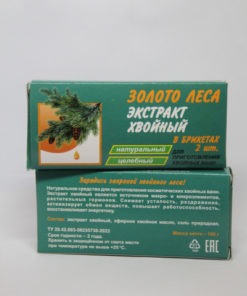-
×
 Home Medicine Organizer & Storage Case
1 × $29.00
Home Medicine Organizer & Storage Case
1 × $29.00 -
×
 White Crochet Mesh Hat
1 × $9.00
White Crochet Mesh Hat
1 × $9.00 -
×
 TIME MACHINE 22G x 50mm Cosmetic Cannulas (5 Pack)
1 × $19.00
TIME MACHINE 22G x 50mm Cosmetic Cannulas (5 Pack)
1 × $19.00 -
×
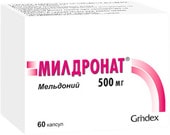 Grindex Mildronate, 500 mg, 60 caps.
1 × $52.50
Grindex Mildronate, 500 mg, 60 caps.
1 × $52.50 -
×
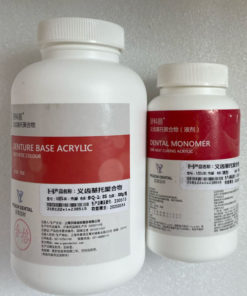 Acrylic Plastic Sheet
1 × $39.00
Acrylic Plastic Sheet
1 × $39.00 -
×
 Car Eyeglass Holder
1 × $649.00
Car Eyeglass Holder
1 × $649.00 -
×
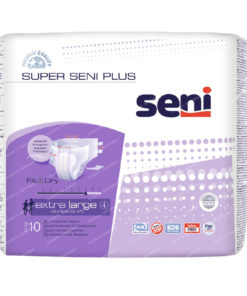 Super Seni Plus extra large Breathable diapers for adults 10 pcs
1 × $39.00
Super Seni Plus extra large Breathable diapers for adults 10 pcs
1 × $39.00 -
×
 OrtoFoot Big Toe Corrector Set: Nighttime Bunion Splint (2pk) + Toe Separator & Bunion Protector (2pk)
1 × $879.00
OrtoFoot Big Toe Corrector Set: Nighttime Bunion Splint (2pk) + Toe Separator & Bunion Protector (2pk)
1 × $879.00 -
×
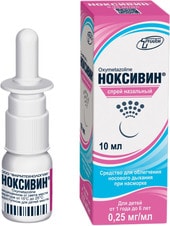 Pharmaceutical technology Noxivine Spray, 0.25 mg / ml, 10 ml.
1 × $9.00
Pharmaceutical technology Noxivine Spray, 0.25 mg / ml, 10 ml.
1 × $9.00 -
×
 Blackhead Mask for Sensitive Skin: Pore Cleansing & Oil Control (60g)
1 × $39.00
Blackhead Mask for Sensitive Skin: Pore Cleansing & Oil Control (60g)
1 × $39.00 -
×
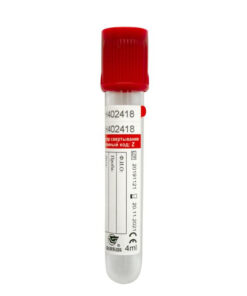 4ml Vacuum Blood Collection Tubes with Clot Activator (13x75mm, 100/pack)
1 × $69.00
4ml Vacuum Blood Collection Tubes with Clot Activator (13x75mm, 100/pack)
1 × $69.00 -
×
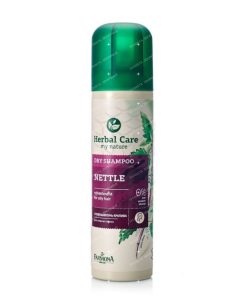 Herbal Care Dry Shampoo Nettle (spray), 180ml
1 × $19.00
Herbal Care Dry Shampoo Nettle (spray), 180ml
1 × $19.00 -
×
 Medical compression tights m.5002 1 class. R.4 (L) height2 black
2 × $59.00
Medical compression tights m.5002 1 class. R.4 (L) height2 black
2 × $59.00 -
×
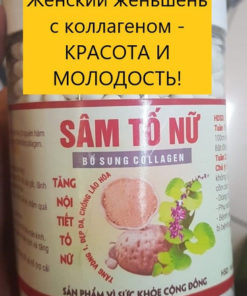 Vietnamese Ginseng & Collagen for Women's Beauty (500g)
1 × $109.00
Vietnamese Ginseng & Collagen for Women's Beauty (500g)
1 × $109.00 -
×
 Insoles Ayurveda 1G size 14 (flat-valgus)
1 × $19.00
Insoles Ayurveda 1G size 14 (flat-valgus)
1 × $19.00 -
×
![Smith Frequency 086: [Relevant Keyword] Guide](https://globalhealingweb.com/wp-content/uploads/2024/11/6295017024-247x296.jpg) Smith Frequency 086: [Relevant Keyword] Guide
1 × $139.00
Smith Frequency 086: [Relevant Keyword] Guide
1 × $139.00 -
×
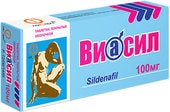 Lekpharm Viasil, 100 mg, 10 tablets
1 × $69.00
Lekpharm Viasil, 100 mg, 10 tablets
1 × $69.00 -
×
 Medical compression tights m.5002 IIkl.k. size 5 (XL) height 1 beige
1 × $69.00
Medical compression tights m.5002 IIkl.k. size 5 (XL) height 1 beige
1 × $69.00 -
×
 Orthotic Arch Supports ORTO-SAMBA, Size 38
1 × $69.00
Orthotic Arch Supports ORTO-SAMBA, Size 38
1 × $69.00 -
×
 Women's Multivitamin: Hair, Skin & Nails Support
1 × $19.00
Women's Multivitamin: Hair, Skin & Nails Support
1 × $19.00 -
×
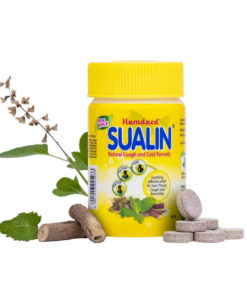 Hamdard Sualin Throat Tablets (60 x 1035mg)
1 × $9.00
Hamdard Sualin Throat Tablets (60 x 1035mg)
1 × $9.00 -
×
 Post-Mastectomy Breast Prosthesis Bandage Size 6 (Right)
1 × $89.00
Post-Mastectomy Breast Prosthesis Bandage Size 6 (Right)
1 × $89.00 -
×
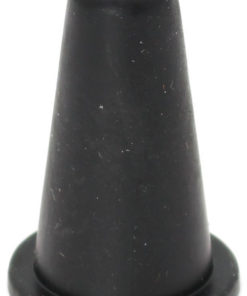 CE6-35 BK Protective Caps (50 Pack)
1 × $39.00
CE6-35 BK Protective Caps (50 Pack)
1 × $39.00 -
×
 Computer Glasses
1 × $99.00
Computer Glasses
1 × $99.00 -
×
 Orthopedic insoles r.11 (longitudinal)
1 × $9.00
Orthopedic insoles r.11 (longitudinal)
1 × $9.00 -
×
 Elastic knee pad size 4 model 0802
1 × $19.00
Elastic knee pad size 4 model 0802
1 × $19.00 -
×
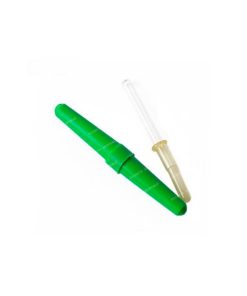 Ophthalmic safety glass pipette in a case
1 × $9.00
Ophthalmic safety glass pipette in a case
1 × $9.00 -
×
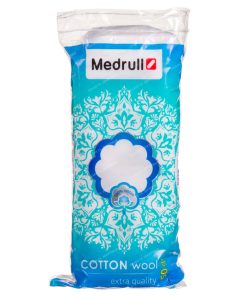 Medical surgical cotton wool Medrull non-sterile 50g (zig-zag)
1 × $9.00
Medical surgical cotton wool Medrull non-sterile 50g (zig-zag)
1 × $9.00 -
×
 Medical compression tights m.5002 2 class. R.4 (L) height2 black
1 × $69.00
Medical compression tights m.5002 2 class. R.4 (L) height2 black
1 × $69.00 -
×
 Polysan Cycloferon, 150 mg, 10 tablets.
1 × $29.00
Polysan Cycloferon, 150 mg, 10 tablets.
1 × $29.00 -
×
 Bella for Teens Ultra Sensitive Super Thin Women's Sanitary Pads, 10 pcs
1 × $9.00
Bella for Teens Ultra Sensitive Super Thin Women's Sanitary Pads, 10 pcs
1 × $9.00 -
×
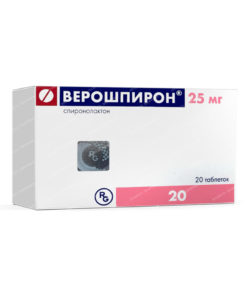 Veroshpiron tablets 25mg №20x1
1 × $19.00
Veroshpiron tablets 25mg №20x1
1 × $19.00 -
×
 Car Glasses Holder
1 × $89.00
Car Glasses Holder
1 × $89.00 -
×
 Luxury Gray Goose Down Pillow with Memory Foam - Belpol GALAXY SEA 50x70x4
2 × $359.00
Luxury Gray Goose Down Pillow with Memory Foam - Belpol GALAXY SEA 50x70x4
2 × $359.00 -
×
 Beige Compression Stockings, Class 3 Compression
1 × $59.00
Beige Compression Stockings, Class 3 Compression
1 × $59.00 -
×
 EVA Foam Swimming Board: Waterproof, Quick-Dry, High-Density Kids Float for Swim Training
1 × $679.00
EVA Foam Swimming Board: Waterproof, Quick-Dry, High-Density Kids Float for Swim Training
1 × $679.00 -
×
 Eyeglass Holder
1 × $89.00
Eyeglass Holder
1 × $89.00 -
×
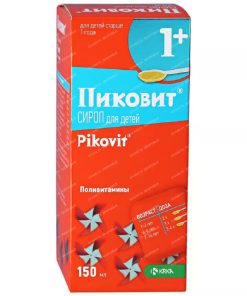 Pikovit emulsion for oral administration 150ml №1
1 × $29.00
Pikovit emulsion for oral administration 150ml №1
1 × $29.00 -
×
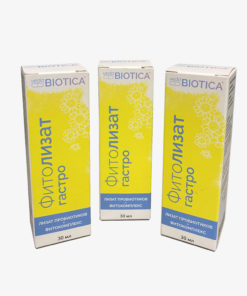 Phytolizat Gastro: Gut Microflora Normalization Drops (3 x 30ml)
1 × $69.00
Phytolizat Gastro: Gut Microflora Normalization Drops (3 x 30ml)
1 × $69.00 -
×
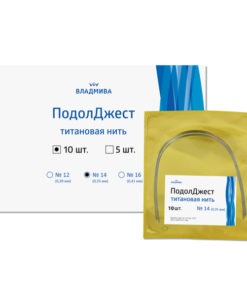 VladMiVa Podolgest Titanium Thread 14 (0.35mm) - 10 Pieces
1 × $79.00
VladMiVa Podolgest Titanium Thread 14 (0.35mm) - 10 Pieces
1 × $79.00 -
×
 Olive Green Convertible Multi-Purpose Tote Bag SURT-01
1 × $109.00
Olive Green Convertible Multi-Purpose Tote Bag SURT-01
1 × $109.00 -
×
 Computer Glasses
1 × $879.00
Computer Glasses
1 × $879.00 -
×
 Queen Pillow, 60x60cm: Luxurious Comfort
1 × $99.00
Queen Pillow, 60x60cm: Luxurious Comfort
1 × $99.00 -
×
 Computer Glasses
1 × $309.00
Computer Glasses
1 × $309.00 -
×
 Medical compression stockings below the knee with a toe m.3002 1 class. R.4 (L) height1 black
1 × $39.00
Medical compression stockings below the knee with a toe m.3002 1 class. R.4 (L) height1 black
1 × $39.00 -
×
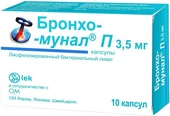 Sandoz Broncho-Munal P, 3.5 mg, 10 caps.
1 × $59.00
Sandoz Broncho-Munal P, 3.5 mg, 10 caps.
1 × $59.00 -
×
 3D Mesh Orthotic Insoles: Breathable, Cushioning Support (Sizes 37-38)
1 × $69.00
3D Mesh Orthotic Insoles: Breathable, Cushioning Support (Sizes 37-38)
1 × $69.00 -
×
 Self-Adhesive Fabric Tape: Sweat & Dirt Protection (2.5cm x 3m)
1 × $9.00
Self-Adhesive Fabric Tape: Sweat & Dirt Protection (2.5cm x 3m)
1 × $9.00 -
×
 White Disposable Cat Mask
1 × $9.00
White Disposable Cat Mask
1 × $9.00
Subtotal: $6,262.50




